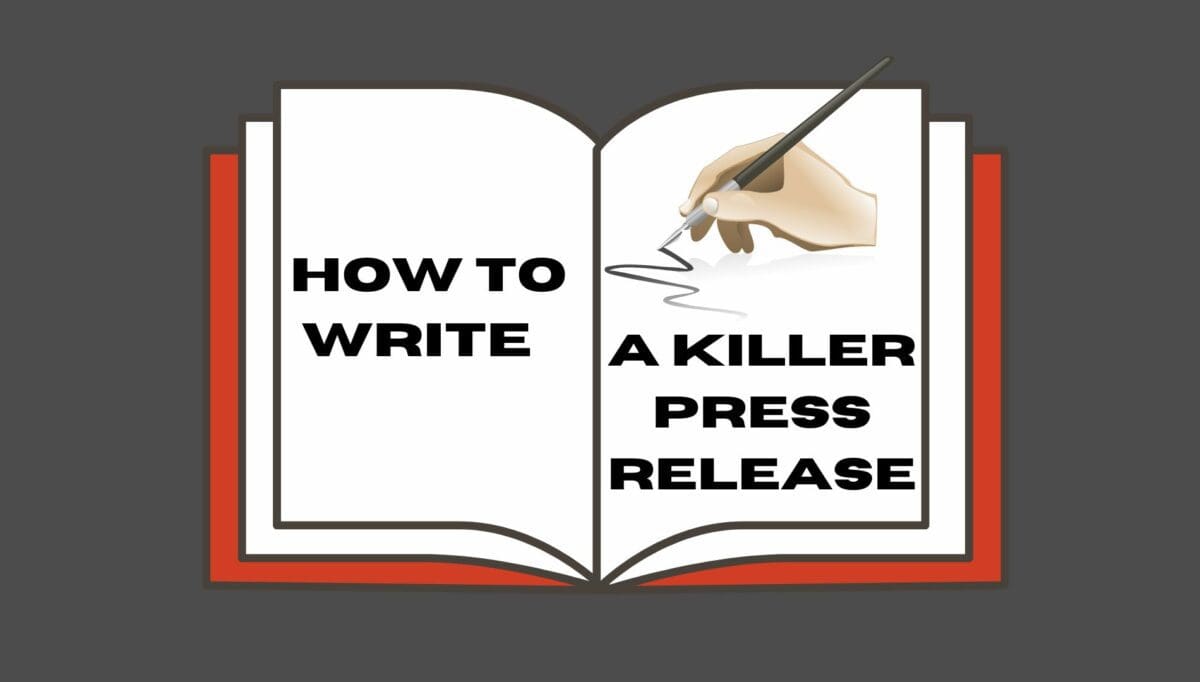The music industry can be tough; especially for young and inexperienced artists. Today, artists and musicians are expected to know everything about the industry, and for good reason, with schemes like Payola…
It’s common for creatives to overlook the business side of the industry with many often choosing to dedicate attention to their craft over common business practices. However, a strong business understanding can actually rocket your career further than you might expect.
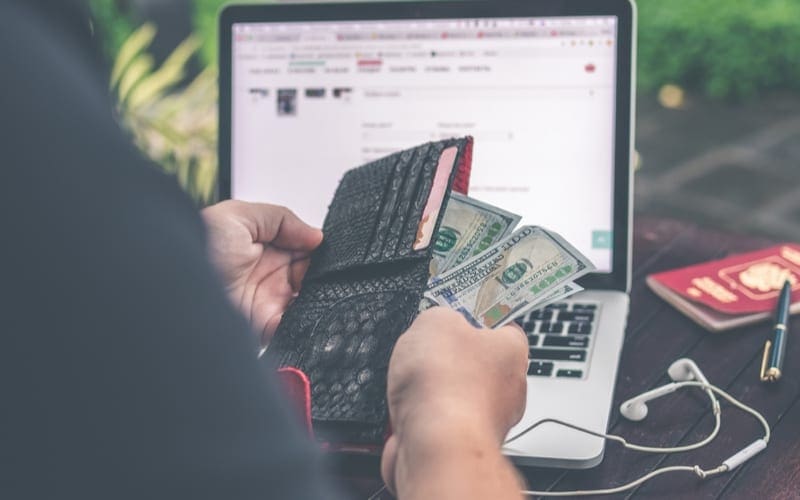
Understanding the music business is not the only key to success, but also to protect yourself from potential exploiters. Every day, unsuspecting creatives are exploited and scammed, resulting in the loss of money, time or sometimes, your rights. Having a deep knowledge of common scams and the music business as a whole can help protect you from potential dangers. Let’s have a look at some music industry scams you should be aware of!
Payola
But, what does payola mean? Payola is defined as ‘The practice of bribing someone in return for unofficial promotion’. So, what is payola in music? In the music industry, this can, for example, be in the form of paying a well-known radio station to spin a song during prime time without the announcement of a sponsored feature.
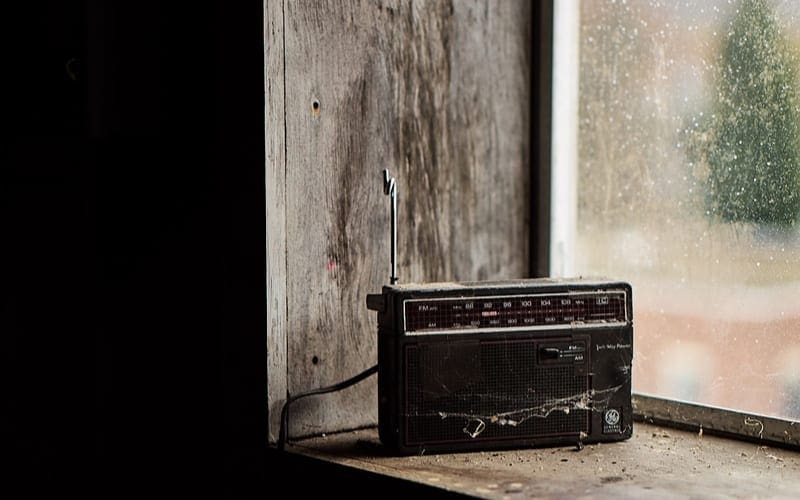
This form of ‘dodgy dealing’ first became publicly known following the payola scandal of 1960. This was the beginning of the recording era. Record sales were booming thanks to the rise in Rock n’ Roll culture. As a result, small independent record labels and radio stations began to pop up across the globe, most noticeably in America.
Disk jockeys struggled to keep up with the constant flow of recorded music from the record labels and as a result, began charging a weekly fee in order to guarantee record spins. Introducing, payola radio.
Labels wanting to push specific artists or tracks to the masses wouldn’t think twice about paying influential radio stations as airplay often resulted in more sales. It wasn’t until the TV quiz show scandals of 1958 that the government began to pay close attention to payola in the entertainment industry, resulting in its criminalisation in 1960.
Payola – Pay to Play

I’m sure you’ve come across this at some point in your career. Pay-to-play payola is everywhere at the moment. Especially in larger cities like London. You can find this type of scam in two main forms: paying for the opportunity to play at a particular venue, or paying for tickets upfront and selling them on to fans. Both result in the artist fronting money in order to play a show.
This is a common scam that catches out a lot of young artists. Known London-based companies such as ‘Absent kelly’, ‘London AAA’ and ‘Live in London’ are smart in how they market shows to artists, often resulting in unaware creatives up-fronting large amounts of money with no positive return.
My advice is always to have a clear understanding of the promoter’s terms and conditions before agreeing to play a show. Never pay to play!
Paying for Streams & Playlists

This payola scam has become extremely popular in recent years thanks to the ever-increasing popularity of streaming and playlisting. How it works: Companies offer artists a guaranteed number of streams or the inclusion of their song in popular streaming playlists in return for a set fee (similar to the paying for Instagram followers scam!).
Sounds great right? Wrong! These guaranteed streams are created by bots (computer programs) rather than real human listeners.
This is actually incredibly detrimental to your music on streaming platforms. Sites like Spotify and Apple Music know when streams or playlist ads are ‘false’ and punish artists for doing so. Songs attached to paid streams are removed from algorithms and forfeit being added to official Spotify or Apple Music playlists.
In extreme cases, streaming sites will even remove an artist’s entire catalogue from the platform. My advice, build your audience the old fashion way! Or work with a music promotion company that will build your streams and playlist that adds up organically.
Paying for Press
I get it, you’re a young or new artist wanting to get your music out there. I agree, having your music in magazines is a great way to boost your reach. However, there are right and wrong ways of doing everything!
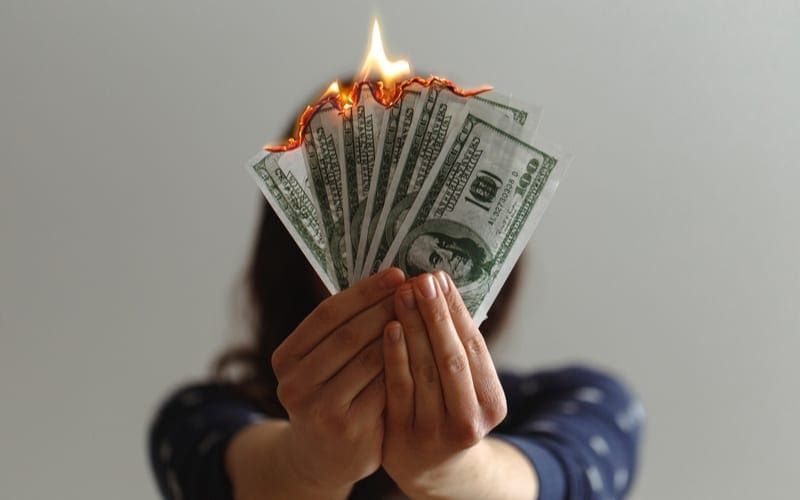
The music press is a fantastic thing. It can make an artist or band by opening you up to a whole new market of fans you may never have reached before. However, the press shouldn’t come with a price. Many magazines or promotional companies offer a large promotion or magazine features in return for a hefty fee. Like, pay to play payola companies, avoid these like the plague!
Often or not, these paid features are very basic, only providing a photo of the band in the back of a magazine. Let’s be honest, that’s not going to generate fans, is it? The best way to earn press is to make personal connections with the companies themselves.
I always say a music career is only as successful as your network! Invite magazine editors to your shows and send them a free CD when you release your next album. In return for promoting your music, offer to share their magazine or blog across your social media. You help them, they help you!
Industry ‘Professionals’
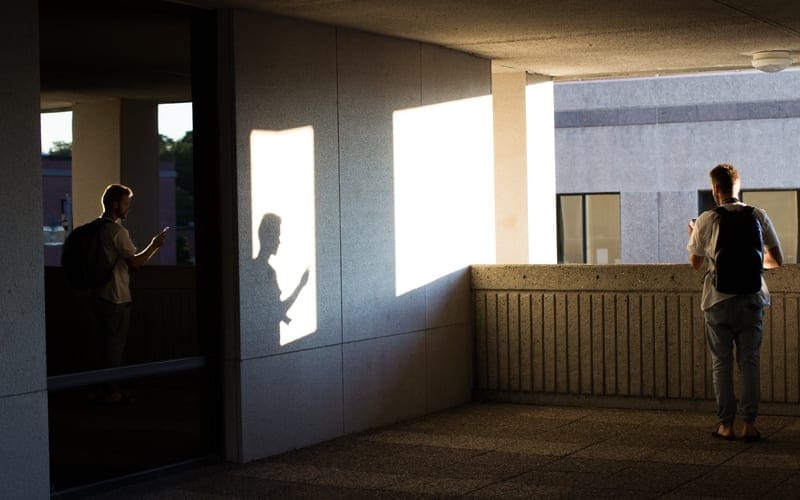
The industry is full of fakers, noisemakers, pretenders and time wasters. Upon your musical journey, you’re guaranteed to meet ‘industry professionals’ that promise you the world. It’s very easy to fall into their payola trap and believe the lies they sell you.
Of course, there are genuine people out there that want to help and be a part of your journey, but it’s important to be aware of false promises. Always background checks the people you meet. Research their past work and ask those in your network if they have any information on said person.
Take extreme caution whenever anyone wants a part of your copyright or ‘joint ownership’. Joint ownership of a song’s copyright will remain intact long after your business partnership has expired so keep that in mind! An artist should never give up their ownership easily. Your copyright remains yours long after your death so it’s not something to give away lightly. It could earn you a lot of money in the future!
Never sign a contract from an ‘industry professional’ without having it checked by trusted people in your network. The music industry has a long history of dodgy deals and poor contracts resulting in successful artists being left penniless! Always have your contracts read by trusted lawyers before you sign!
How do I protect myself and my music?
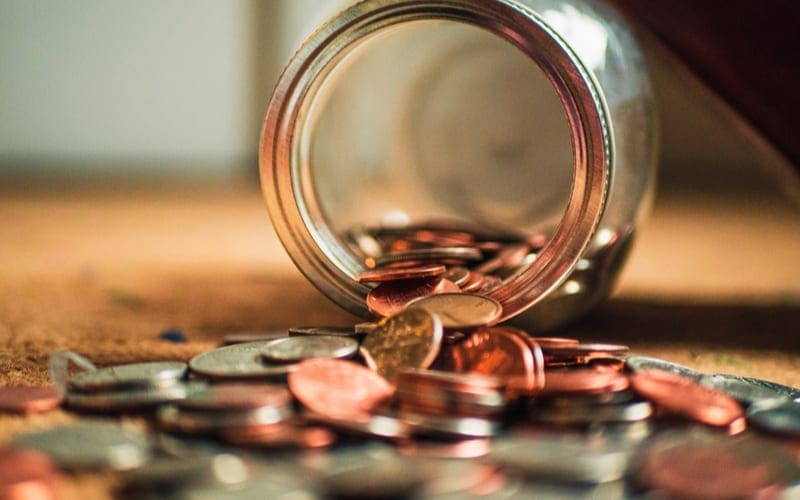
Okay, this isn’t everything you need to know about the music business, but it is a good start! Knowing how to protect yourself from potential wrongdoers could save you a world of trouble in the long run! But, what can you do to make sure that you don’t get caught up in any of these troublesome scams? Well, you’ve already taken a great first step by reading this article and educating yourself. Now you’re aware of the scams out there, you’ve already started protecting yourself.
Now just make sure to keep an eye out, be wary of anything you need to pay upfront, anyone trying to take your copyright and if you have to sign a contract, always get advice!
Remember, if it looks too good to be true, it probably is…







